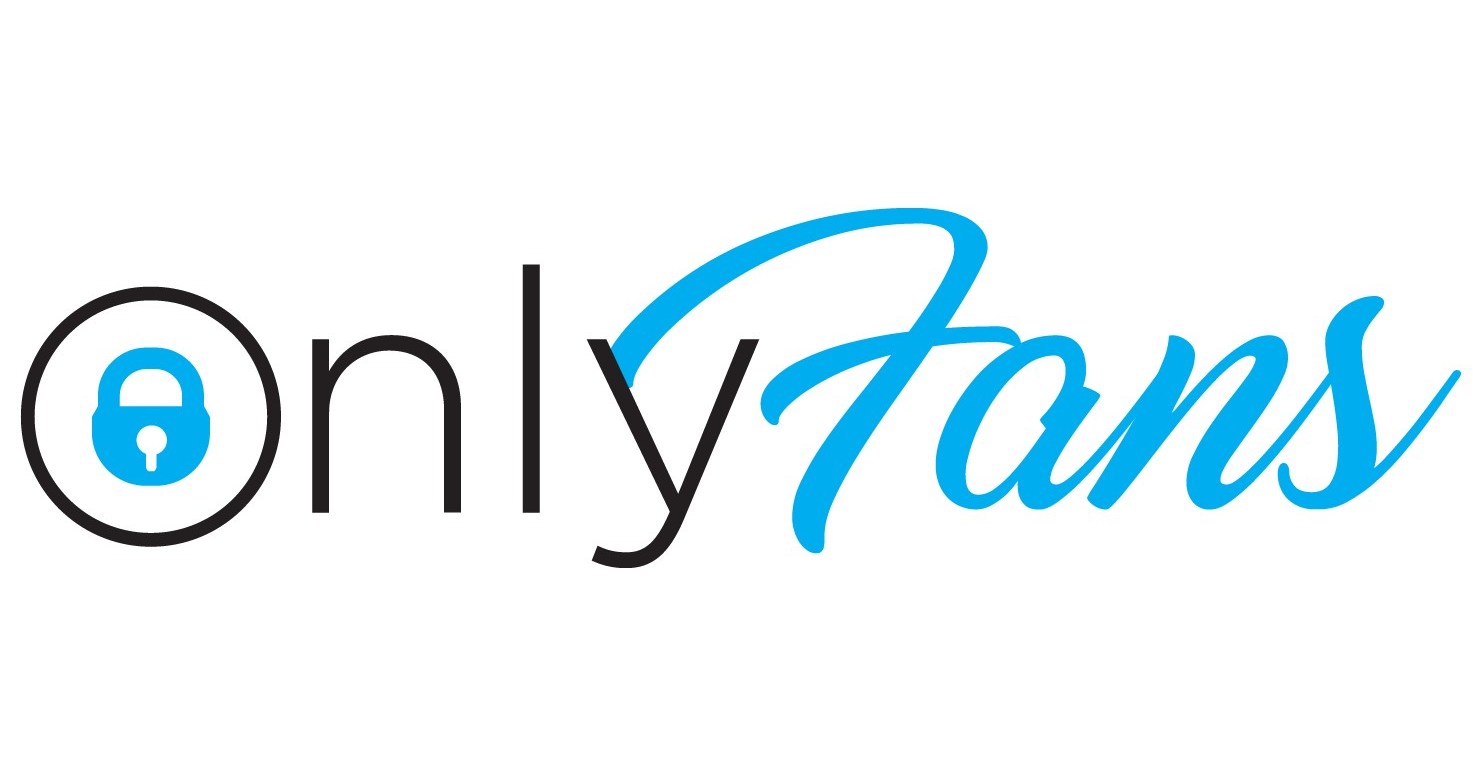Unlocking the Potential of Online Marketplaces in Nigeria: An In-Depth Look at Wigmore Trading
Unlocking the Potential of Online Marketplaces in Nigeria: An In-Depth Look at Wigmore Trading
Are you ready to dive into the world of online marketplaces and discover a hidden gem in Nigeria? Look no further than Wigmore Trading! In this blog post, we’ll take you on an exciting journey through the vast potential that online marketplaces hold for businesses and consumers alike. Join us as we unlock the secrets behind Wigmore Trading’s success story, exploring how they have revolutionized e-commerce in Nigeria. Get ready to be inspired by their innovative approach and gain valuable insights into the thriving landscape of online trading in this captivating exploration!
Introduction
Online marketplaces, also known as e-commerce platforms, are an essential part of the Nigerian economy. With a population of over 180 million people and an annual GDP of over $1 trillion, Nigeria has the potential to be one of the largest e-commerce markets in the world. However, there are some challenges that need to be addressed before Nigeria can become a leading e-commerce destination. This article will discuss some of those challenges and how online marketplaces can help overcome them.
One of the biggest challenges facing online marketplaces in Nigeria is access to reliable and stable internet service. In many parts of the country, broadband coverage is limited or nonexistent, which makes it difficult for businesses to operate online. This problem is especially acute in rural areas where there is little economic opportunity and people are more likely to rely on traditional methods such as bartering for goods and services.
To combat this challenge, online marketplaces like Wigmore Trading have developed initiatives aimed at bringing high-speed internet service to underserved areas. Through these initiatives, Wigmore Trading has been able to connect small businesses and entrepreneurs in remote corners of the country with quality broadband connections. In doing so, they have increased accessibility to quality online services and paved the way for larger online players to enter the Nigerian market.
Another challenge facing online marketplaces in Nigeria is fraud prevention. As with any financial transaction involving money or other valuable assets, there is a risk of fraudulence associated with online transactions.
What is a Online Marketplace?
Online marketplaces are a growing business in Nigeria, and there are many reasons for this. First, they provide a way for small businesses to connect with customers online, which can be difficult if those customers are located in different parts of the country. Second, online marketplaces allow businesses to sell goods and services across a wide range of categories without having to invest in any particular platform or technology. Online marketplaces make it easy for consumers to find and purchase products from a variety of sellers.
Online marketplaces can be used by businesses of all sizes and types. Small businesses that sell products online can benefit from the convenience and reach of online marketplaces. Large corporations can also use online marketplaces to sell products to consumers around the world.
There are several major online marketplace platforms in Nigeria, including Amazon Africa, eBay Africa, Alibaba Group Holding Ltd.’s Alipay African Pay Platform, and Facebook’s Zoubeelnetwork. Each platform has its own unique features and advantages that can be helpful for businesses of all sizes.
In order to take advantage of an online marketplace platform in Nigeria, it is important to know what those platforms offer and how they work. Each platform has its own set of rules and regulations that must be followed when creating or selling products on that platform. Additionally, each platform has its own customer base and payment methods. Businesses must familiarize themselves with these rules before launching a product on an online marketplace in Nigeria.
Overall,
The History of Online Marketplaces in Nigeria
Online marketplaces are a unique form of online commerce that allow businesses and consumers to connect and transact business electronically. One of the earliest examples of an online marketplace is eBay, which was founded in 1995. Online marketplaces have since become popular across the globe, with Nigeria joining the list of countries with active online marketplaces.
There are a number of reasons why Nigerian businesses might want to establish an online marketplace. For starters, online marketplaces offer a cost-effective way to reach new customers. Additionally, online marketplaces can help businesses improve their visibility and grow their customer base. Online marketplaces can provide companies with additional revenue streams through advertising and charging fees for services offered on the marketplace.
Given their popularity, it’s no surprise that there are a number of prominent Nigerian online marketplaces operating today. Some of the most well-known Nigerian online marketplaces include Wigmore Trading (www.wigmoretrading.com), Fastacom (www.fastacom.com), and Buy Sell (www.buyssellngb.com). It’s also worth noting that many Nigerian businesses operate regional versions of popular international online marketplaces, such as Amazon (www1.amazonaws.com) and Ebay (www2.ebayincorporated.com).
It’s not difficult to see why Nigerian businesses would want to establish an online marketplace – in fact, there are several compelling reasons why Nigerian businesses should
The Different Types of Online Marketplaces
Online marketplaces are one of the most successful e-commerce platforms in the world. They allow businesses to sell products and services to a global audience without having to go through a physical store.
There are three main types of online marketplaces: centralized, decentralized, and hybrid marketplaces.
Centralized marketplaces are platforms where buyers and sellers interact directly with each other. eBay is an example of a centralized marketplace.
Decentralized marketplaces are platforms where buyers and sellers interact with each other through a middleman or broker. The largest example of a decentralized marketplace is Airbnb.
Hybrid marketplaces combine features of both centralized and decentralized marketplaces. There’s no one definitive definition for a hybrid marketplace, but they generally have features of both types of platforms. Swoop is an example of a hybrid marketplace that combines features of both Airbnb and eBay.
How Does Wigmore Trading Work?
Wigmore Trading is a Nigerian online marketplace that connects businesses and consumers with a focus on finding quality products at competitive prices. The company was founded in 2014 by CEO, Mr. Femi Oludotun, and CTO, Mr. Akinrinola Oluwatosin. To date, Wigmore Trading has facilitated over $1 million in transactions and employs a team of experienced traders and support professionals.
The Wigmore Trading platform offers an easy-to-use interface that makes it convenient for both business and consumer participants. Businesses can post their products for sale, while consumers can browse through the available selections and make purchase decisions. In addition to product listings, the site also offers market analysis tools to help entrepreneurs better understand their competition and identify potential sales opportunities.
To ensure that products are quality-controlled before they are sold, Wigmore Trading utilizes stringent quality assurance procedures that include product testing and customer feedback surveys. This approach ensures that buyers receive high-quality items at fair prices while ensuring that businesses receive appropriate compensation for their products.
Since its inception, Wigmore Trading has built a strong reputation for being an reliable marketplace provider with a focus on customer satisfaction. The company is committed to providing its users with top-notch service amenities such as 24/7 customer support, free shipping worldwide, and quick turnaround times on orders.
What are the Advantages of using an Online Marketplace?
Online marketplaces are a great way for small businesses and entrepreneurs to get access to a wider range of products and services, from all over the world. They’re also a great way to connect with potential customers.
Here are some of the advantages of using an online marketplace:
-Access to a wide range of products and services: Online marketplaces offer a wide range of products and services from all over the world. This means that you can find exactly what you need, without having to search through several different websites.
-Flexible ordering process: With an online marketplace, you can easily order products from anywhere in the world. You don’t have to wait for long delivery times or face any shipping restrictions.
-Convenient payment options: Most online marketplaces allow you to pay by credit card, PayPal, or bank transfer. This means that you can easily manage your finances and avoid troublesome cash transactions.
Conclusion
In this article, we take a look at the benefits of using online marketplaces in Nigeria and how Wigmore Trading can help you tap into their potential. By providing an easy-to-use platform and access to a large pool of buyers and sellers, online marketplaces offer businesses the ability to reach new customers and expand their operations quickly and easily. If you are looking to increase sales or grow your business in Nigeria, give Wigmore Trading a try!






Comments are closed.